One of the world’s leading interior designers, gallerists, and cultural ambassadors, Francis Sultana, talks about his adventurous approach to life decisions and the importance of giving back.
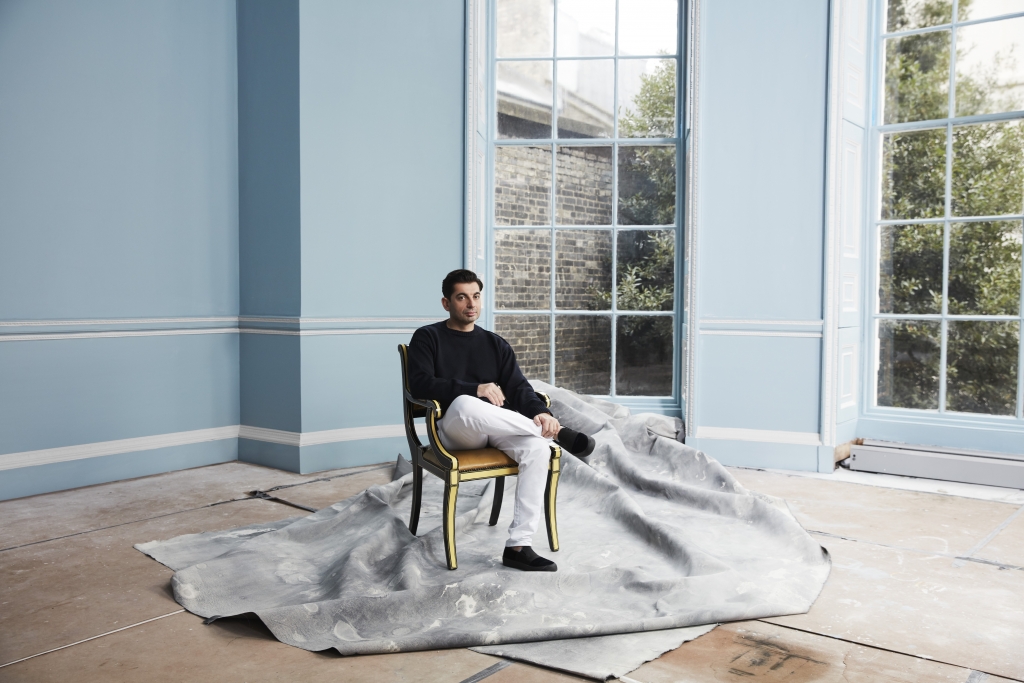
“It’s never too late to start doing something that you’ve always wanted to do.”
Van Gough picked up his first paintbrushes at the age of 25 and Murakami only started writing novels at the age of 29. It’s often said we each have our own life trajectory – you should never limit yourself with the excuse of age or time.
There are many who leave it too long. By the time they choose to act, it’s already too late. Fortunately for Francis Sultana, and for many who adore his work, this was not the case.
The Malta-born, London-based cultural ambassador, interior designer, and gallerist, who has been named in the TOP 20 designers by Wallpaper magazine and AD TOP 100, chose to act and did so at exactly the right time.
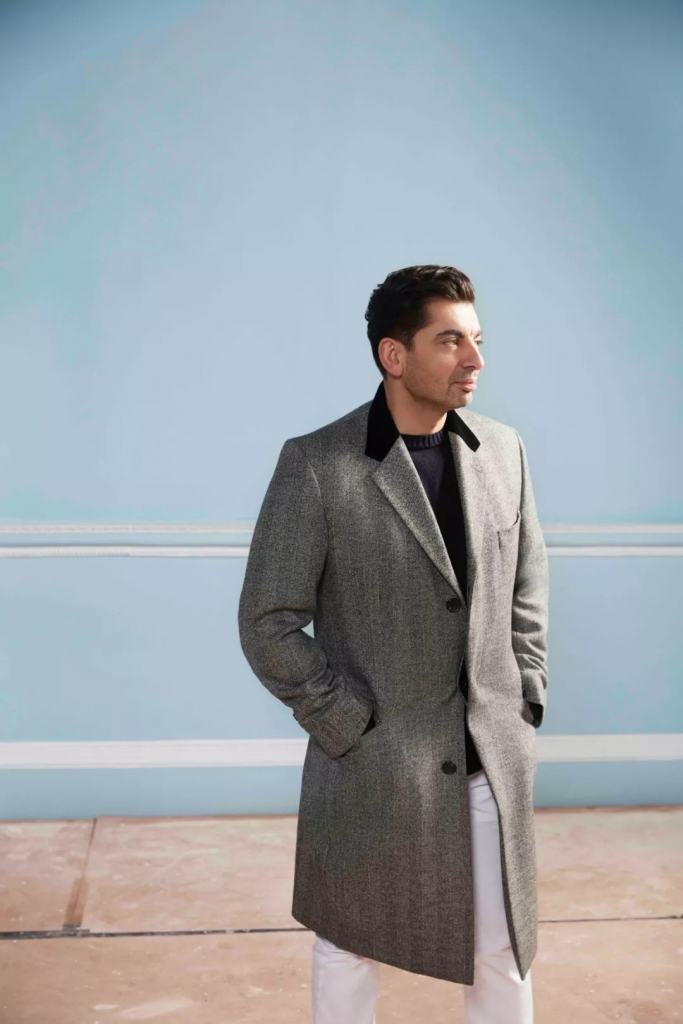
“Sometimes it’s already too late to start something. There are reasons that you’ve never done it or why you left it for so long. You cannot put things off or push them back for 10 or 20 years – or even a lifetime. You leave it and move on to those things you’re prepared to do now. I don’t believe in putting things off. Life is about doing something right for you.”
Francis Sultana spoke to me in his art-filled apartment, adorned with contemporary artworks by today’s blue-chip artists such as George Condo, Chris Ofili, and Christopher Wool. His apartment in Albany, one of London’s most prestigious historical buildings, was built in the 1770s for the then-prime minister Viscount Melbourne. Albany was later home to numerous renowned cultural figures and members of high society, including Lord Byron, Norman Foster, Pauline de Rothschild, to name a few. His apartment’s previous tenant was the famous socialite Fleur Cowles, a close friend of Elizabeth Taylor, Gary Grant, and the Queen Mother. We wouldn’t use ‘high society’ to describe people today, but it’s still used to describe that kind of person in the 18th/19th Century. We can really say ‘noble’ because the people on the list aren’t technically nobility, e.g, a duke, lord, sir etc.
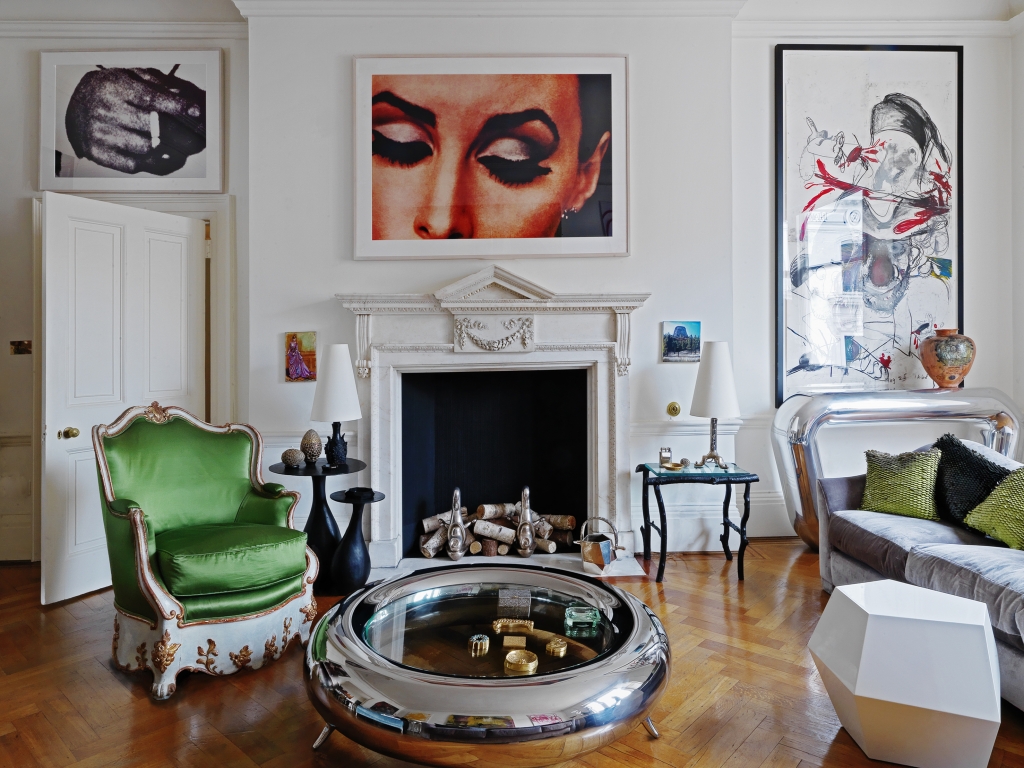
“Do something that is right for you.”
For Francis Sultana, it began with leaving his hometown Gozo to pursue his dream in London 30 years ago, but, today, his focus is on giving back and supporting cultural institutions in both UK and his country of birth, Malta.
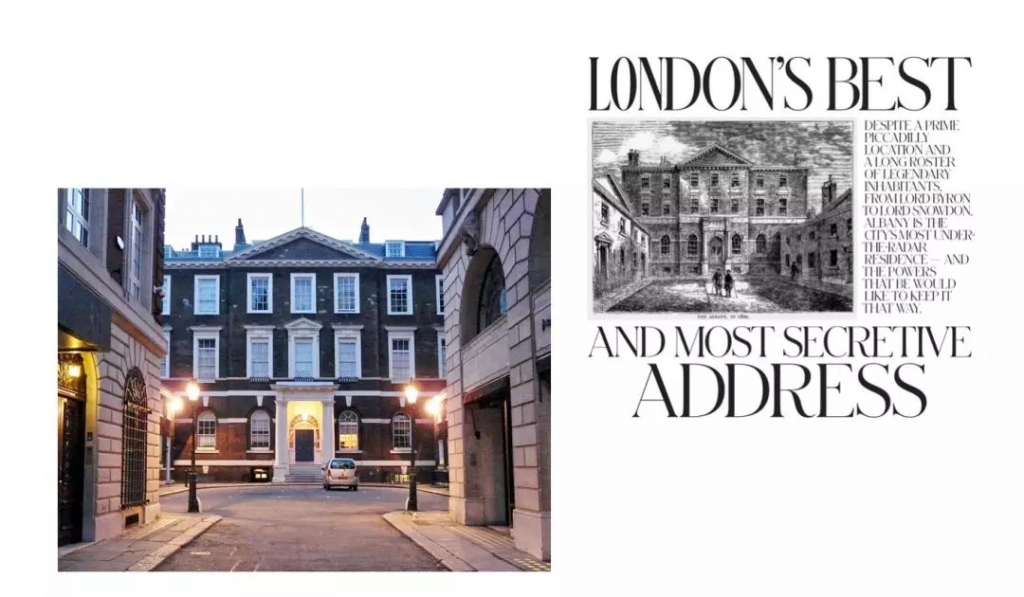
“My approach to life is to be adventurous and always take risks.”
Francis Sultana explained that, since he was a child, he has always liked interior design. Fascinated by the world that unfolded within the pages of interior design magazines, he never held any interest in comic books like other children.
In the early 1990s, he came to the realisation that Malta is a small country that could not provide him the room to develop the kind of life he aspired to have. In response, he took a year out from his studies and travelled to London, where he discovered multiple exciting possibilities to greatly expand his career.
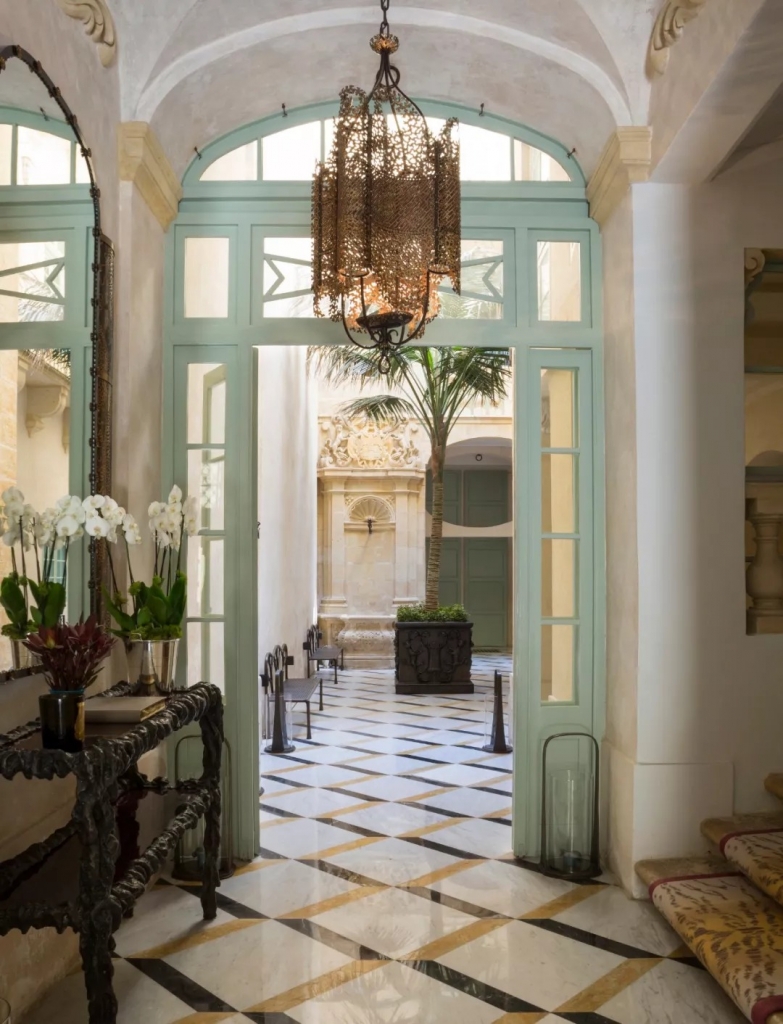
One day, Francis walked into the David Gill Gallery on Fulham Road. David, the owner of the gallery, was intrigued by the young man before him who had so much design knowledge, curiosity, self-taught talent, and vivid imagination. He soon offered Francis a job in his gallery, which was quickly accepted. It was a serendipitous encounter and one which sparked a journey that would eventually change Francis’ life and lead him in directions he had never envisioned.
Francis wanted to focus on design and decoration, but it was important to work at a design gallery that had merged the boundaries between design, decoration, and art, until the time was right to open another venture focussing purely on interior design decoration. The David Gill Gallery was the first to support artists such as Grayson Perry and Zaha Hadid, while Francis remains the gallery’s artistic director today. Throughout his career, the gallery has championed many artists, many of whom are well-known today, such as Mattia Bonetti, Zaha Hadid, and Daniel Libeskind.
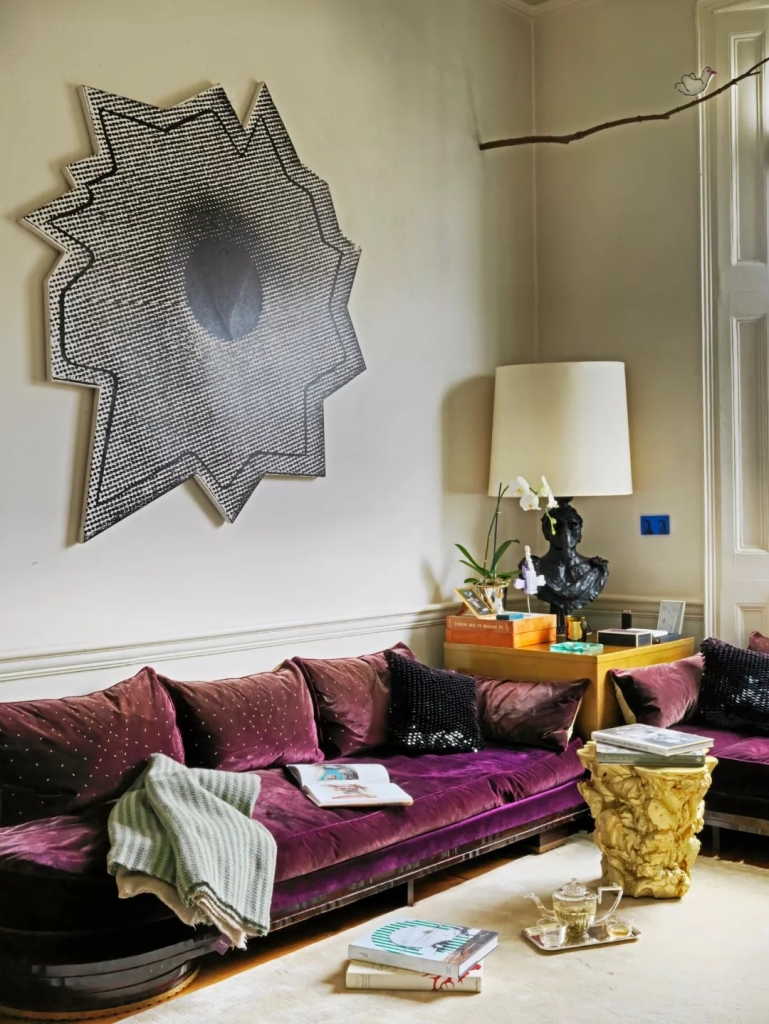
The refurbishment of Francis Sultana’s apartment had not been completed when I visited him. After reading up about his previous home in interior design magazines, an apartment that was immersed in contemporary artworks and design collectibles that intersected different period styles, I assumed he was certainly not a minimalist when it came to aesthetics.
Francis loves Art Deco and 19th-century neo-Baroque style and considers it more accurate to refer to him as an editor rather than a designer.
“I have an instinct of what can and cannot work. I get instincts that I put into my own work and lately that has included my maturity. I push my own boundaries, but also need to push designers’ creativity to another level.”
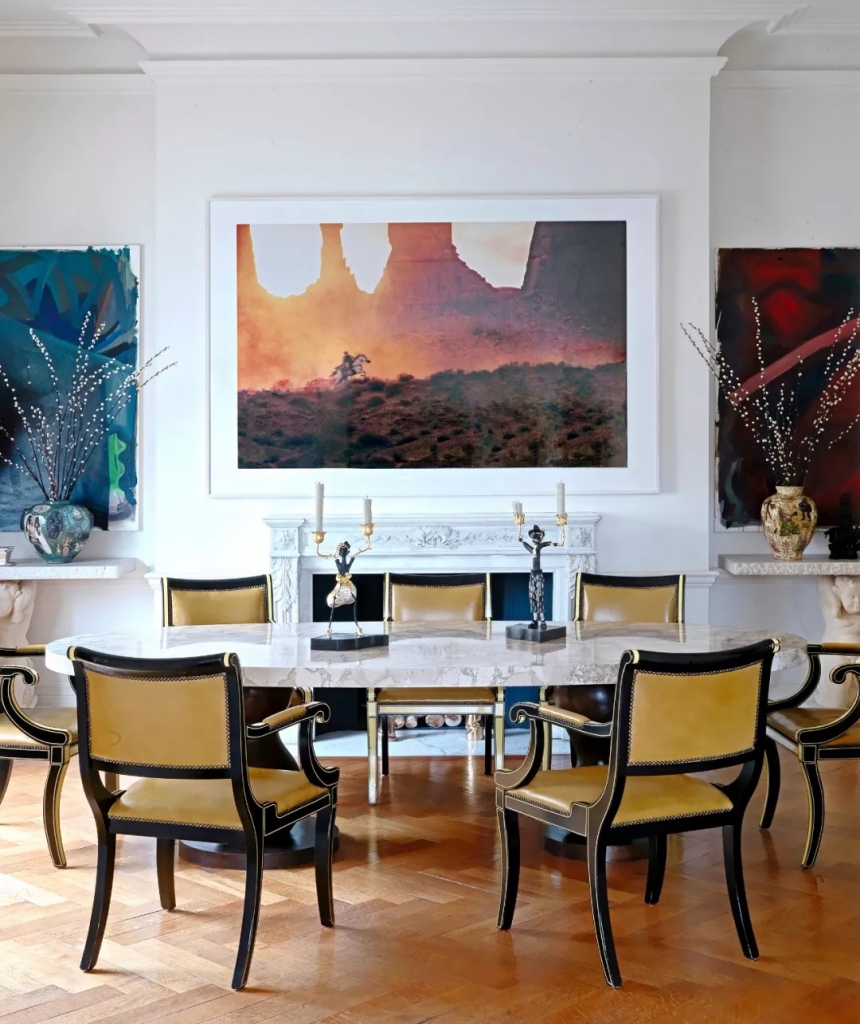
David Gill is also Francis Sultana’s life partner.
“Life is about making certain decisions. It’s about standing on a platform and jumping into a carriage. I’m quite an intuitive man, if I had jumped into another carriage, it would have taken me to an entirely different place with entirely different sceneries. I wouldn’t be sitting here talking to you today. This is what makes life fascinating.” He talks openly about living within his own complex world.
“There’s nothing wrong with living in one’s own bubble. You just need to admit it.”
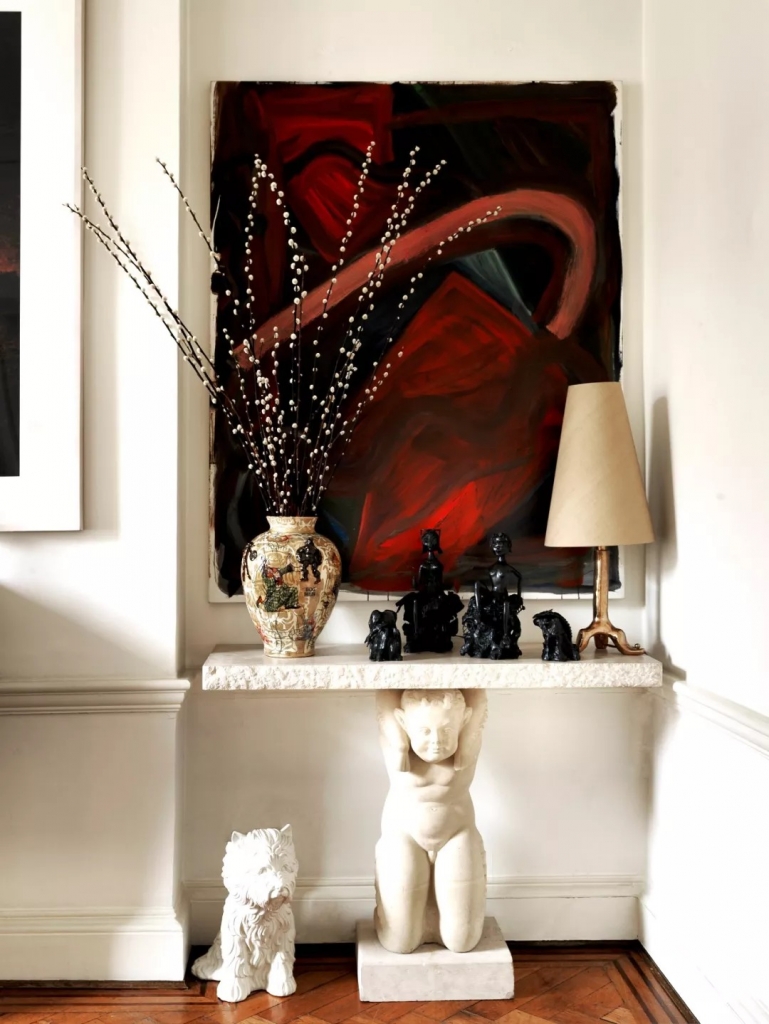
For the past 10 years, with his interior design business and dedication to philanthropy work, Francis Sultana has been surrounded by the movers and shakers of the art and cultural world.
As an aquarius, Francis explained that he was, indeed, living on another planet, “My planet is a complex one, I have a lot of great women in my life. They are very stylish, what they wear and what they collect is important. But my world is not about celebrities. My world is about people living under the radar, but stylish within themselves. They are low-key and believe in great value, historical value, material, and art value, they are not flashy flash. Our reputation is focused on creating the historical interiors of the future.”
Francis believes luxury is not about mixing what is common, but rather about rarity and the enjoyment it brings to people – luxury goes beyond trophies. He once used straws as material for a client’s walls, the same material that Christian Dior used in the 1950s for a handbag.
“Once you hang a Picasso or Picabia on the wall made with cheap straws, suddenly it all makes sense.”
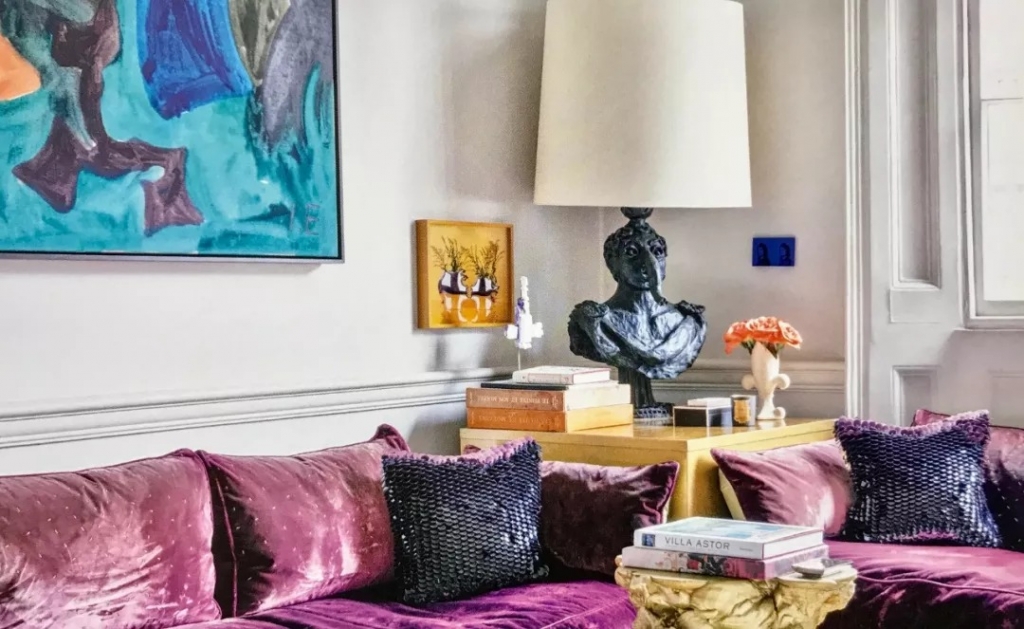
Among Francis Sultana’s friends is Zaha Hadid who had a significant influence on Francis
“Zaha was like my family. In order to achieve her success, which was enormous, life at the top got lonely. It’s true that the higher you climb, the lonelier you are. Our personal relationship grew and she had time for me but was still alone a lot of the time”.
“We used to laugh, because, during the week we had 3 to 4 dinner invitations every night, while many of our friends had families and children then. It’s extraordinary that I was fortunate to be very close to her. We used to have a good gossip about the week and other people – how awful it could all be at times.”
“If she thought something or someone was awful, she would say it to their face. She was tough, but I learned a lot from her. This industry can be bitchy and harsh, but I think it’s just about getting the projects in. None of us should care about what they say about us. It’s about making our projects happen.”
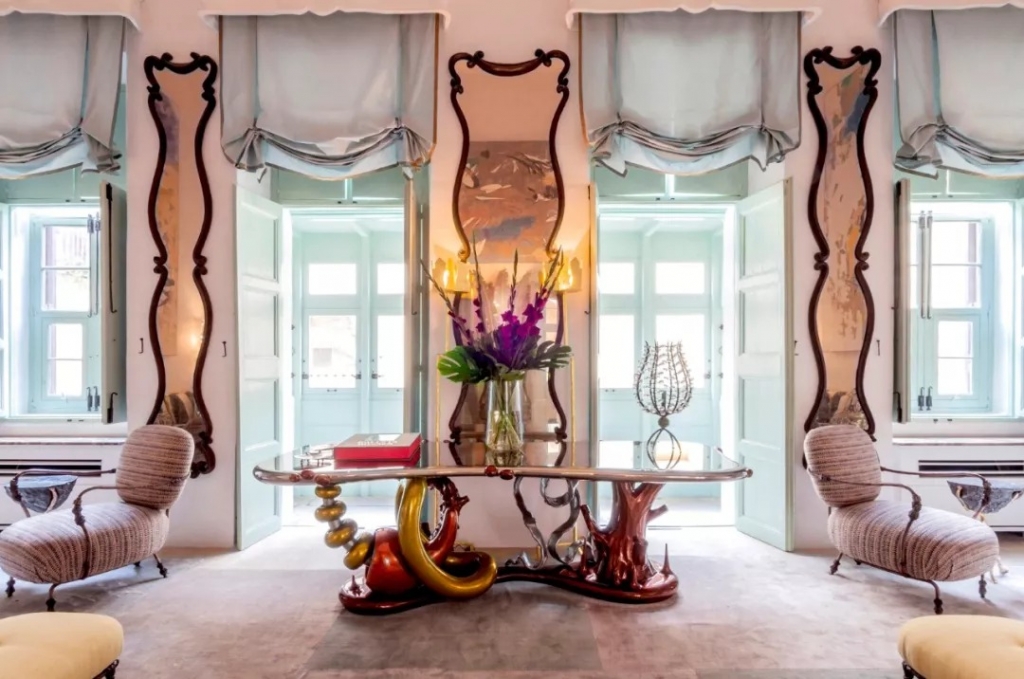
In the West, people often use the phrase ‘living in a bubble’ to describe a person living a reclusive, out-of-this-world fantasy existence of their own making. Francis makes it clear that he’d rather live in a bubble.
“The reality of life is not very nice. I’d rather be in my own bubble. I don’t like living in a harsh life, I find beauty in art and exhibitions. It’s totally fine to live in the bubble. You just need to admit it!”
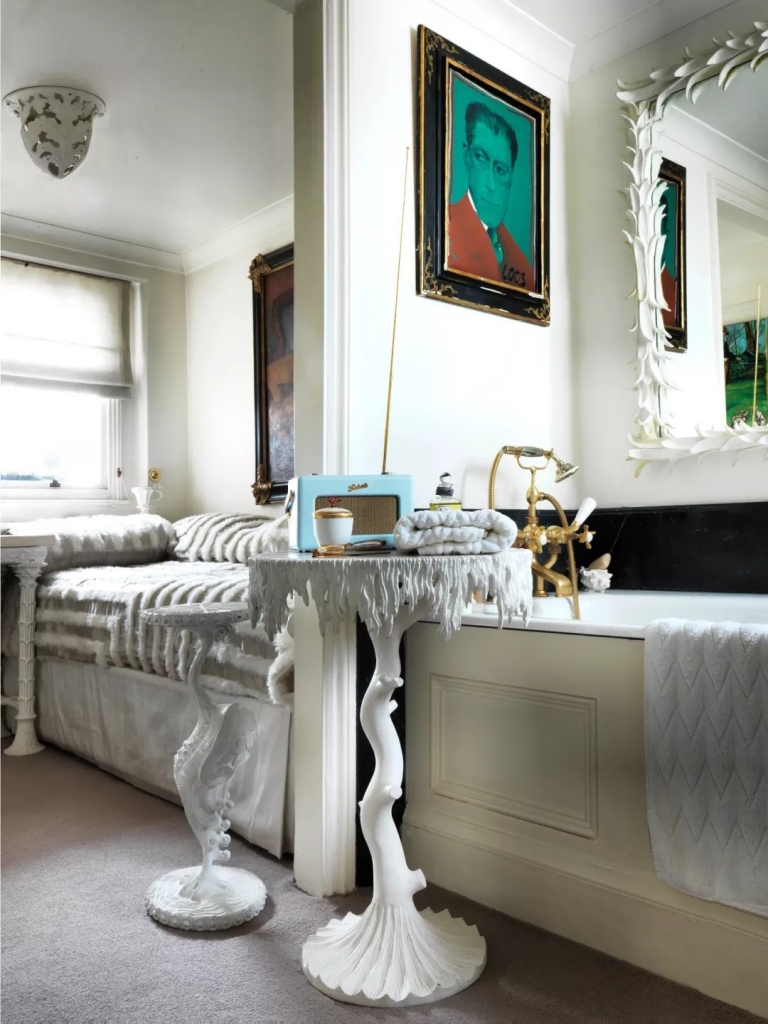
“Life is a journey. It’s about influence. Now I reach my mid-life journey, there are still a lot to achieve. I must learn every day, I must listen, I must grow.”
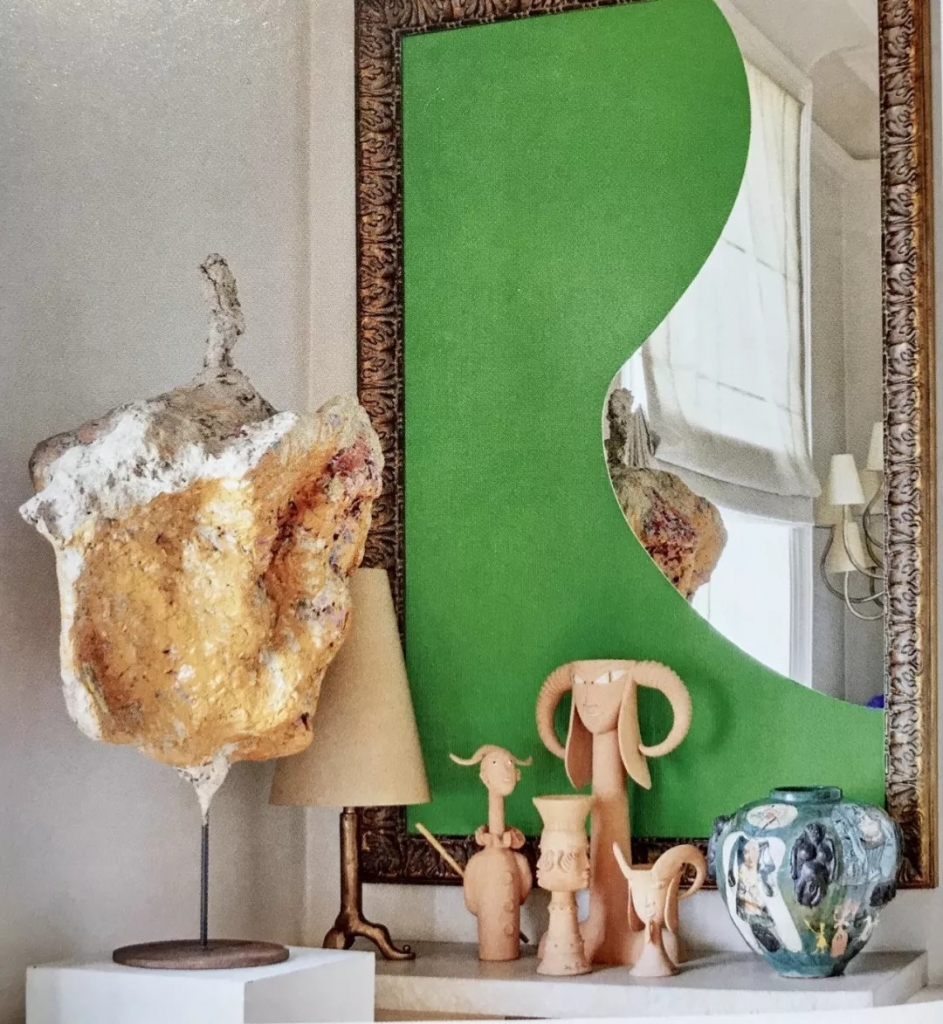
Even though he now lives in a privileged world, Francis Sultana believes in giving something back.
“From what I gain, I should give something back. I’m lucky to have realized this at the right time of my life.”
Francis has long been active in cultural philanthropy. He co-founded the Design Fund at the Victoria and Albert Museum (V&A) and now sits on the International Council of the V&A and the Design Museum. He has been a judge at Masterpiece and PAD, and in recent years, has spent more time on cultural diplomacy and infrastructure in Malta.
Malta is going through rapid cultural change and there are numerous government and privately funded institutions and projects ongoing. Francis was an integral factor in bringing Malta back to the Venice Biennale in 2017 and was named the Cultural Ambassador of Malta in the same year the country was named the Cultural Capital of Europe.
Francis is also on the board of the Malta International Contemporary Arts Space (MICAS), a new museum project which opened in 2021, that offers young people access to exhibitions and lectures, while connecting artists and designers with other global cultural institutions. He has also said that he would also like to have some cross-cultural activities with China sometime in the future.
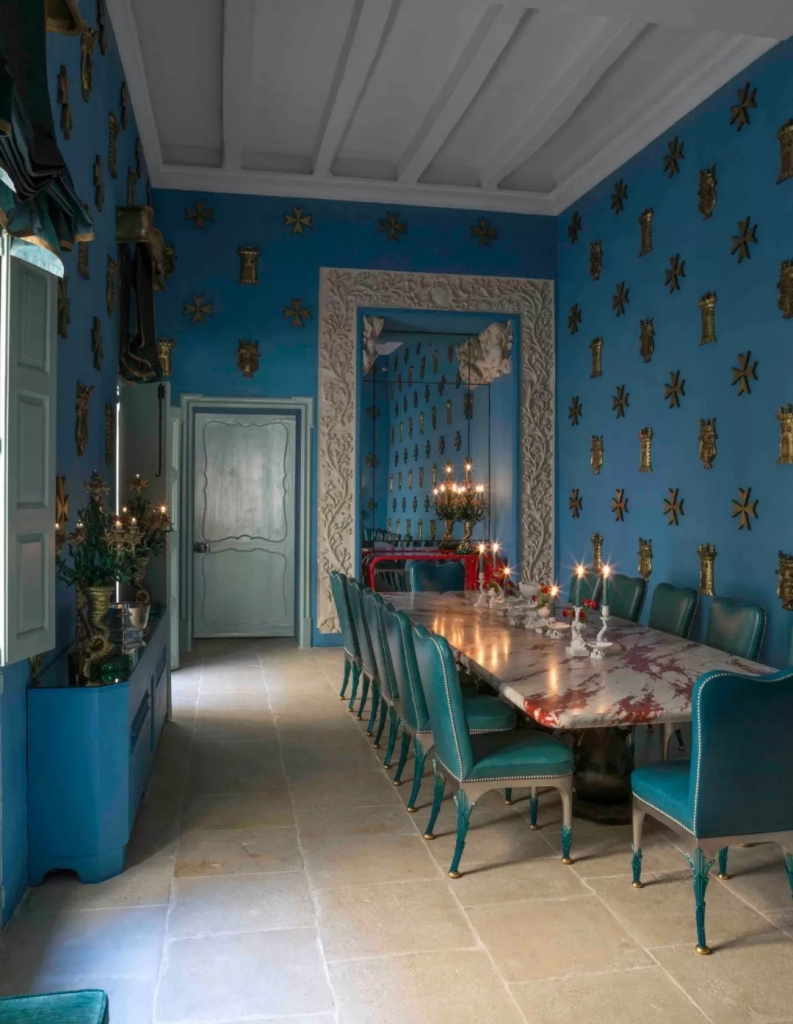
According to Francis, everyone should do something new every year.
“New year is not about giving things up for resolutions for the new year, it’s about what I can take on to the next year. It’s about making new things. You need to take some risks, the fear of failure shouldn’t hold you back”
‘Stay adventurous and take risks in life’ is a motto he regularly repeats, and an approach he took into the new year. As he approaches his fiftieth year, and with a catalogue of dazzling achievements under his belt, you’d have thought he might want to slow down and enjoy a quieter life – but that’s certainly not the case.
“Life is a journey. It’s about influence. Now that I’ve reached my mid-life journey there’s still so much to achieve. I must learn every day, I must listen – I must grow.”
For Francis Sultana, the journey has only just begun.
-the end-






